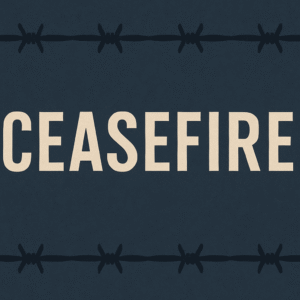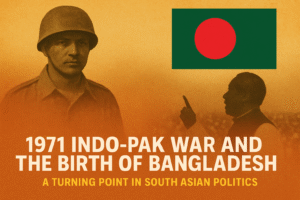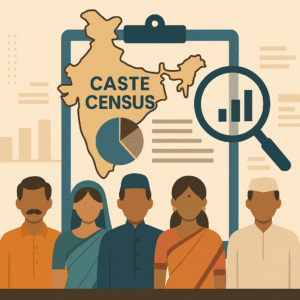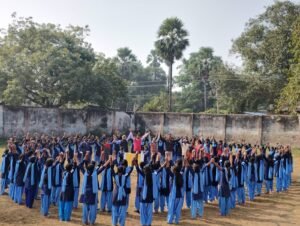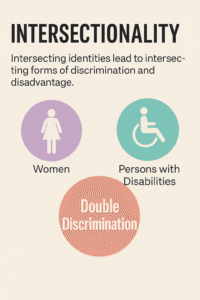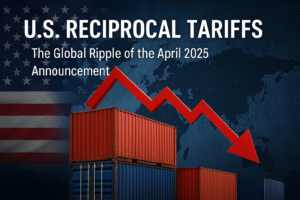Ceasefire: Legal and Political Dimensions in International Law and International Relations
The concept of ceasefire occupies a critical space in both international law and diplomatic practice. It represents a temporary or permanent suspension of hostilities between warring parties, often with the aim of creating conditions conducive to peace negotiations or humanitarian relief. While often used interchangeably with terms like truce, armistice, or peace agreement, each term […]
